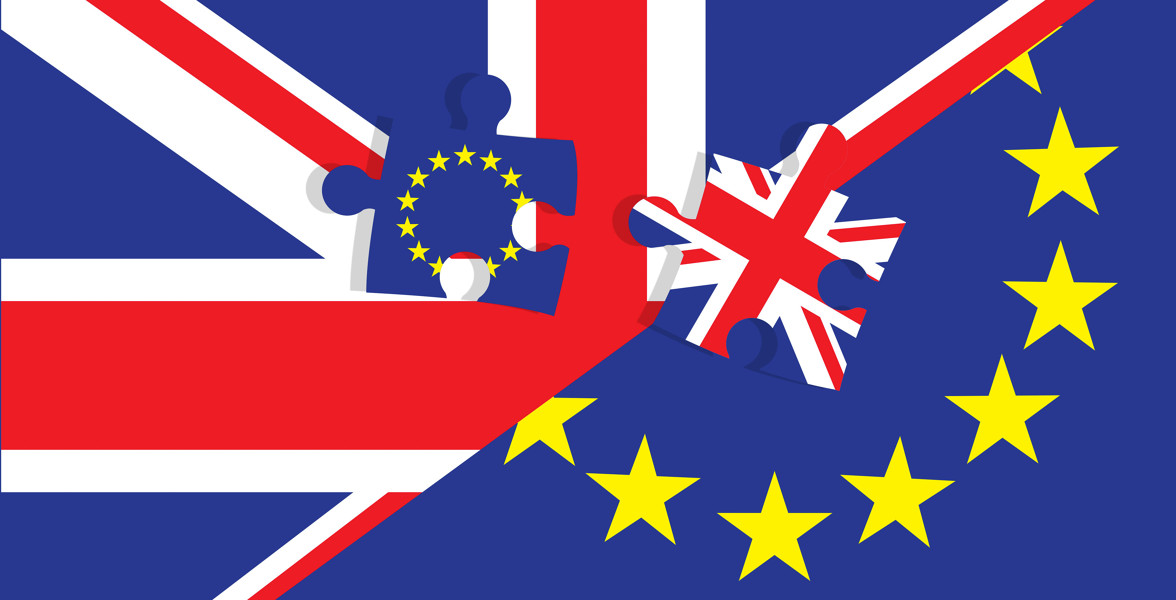The UK has voted to leave the European Union, the so-called 'Brexit'. How does this 'Brexit' affect the European intellectual property landscape, and more importantly, the Unitary patent system that was expected to enter into force in 2017?
The 'Brexit' and the European patent system
First and foremost, the 'Brexit' does not have an effect on the traditional European patent system. The European patent convention currently has 38 member states, including both EU and non-EU countries. The UK will remain a non-EU member state of the EPC. An applicant for a European patent will be able to designate and validate the European patent in the UK after the 'Brexit'.
The 'Brexit' and the Unitary patent system
The impact of the 'Brexit' on the Unitary patent system is more profound. Developments towards the Unitary patent system, in which a European patent application can have 'unitary effect' within many of the EU states, had just begun to speed up, with the first Unitary patent expected to be granted mid 2017. However, the launch of the Unitary patent system depends on ratification of the UPC agreement, an agreement that governs the Unified Patent Court that will ultimately decide on the validity of and infringement on Unitary patents. The ratification is well underway with 10 of the required 13 EU states notifying that they will sign the agreement. Unfortunately, the ratification by the at least 13 EU states has to include the top three countries with the most European patents in effect. At this moment, those countries are France, Germany and the UK.
Although Italy or The Netherlands may take the place of the UK as third country with the most European patents, one of the remaining member states may only become the third country after the UK has actually left the EU. And this may take a while, as it expected that the negotations around the 'Brexit' will take up to 2020. Some experts suggest that the UK can still ratify within this period, but this is highly unlikely. Such a last-minute ratification lacks credibility and may result in the highly impractical situtation in which a granted Unitary patent briefly has Unitary effect in the UK, after which the UK right has to be converted into a national right through some transitory regulation.
Further delay may be expected as the UK has played an integral role in the preparation of the Unitary patent system, with many representatives taking part in various committees, including the preparatory committee. Replacements have to be found on short notice to prevent significant delays. Moreover, the UK has been a heavy-weight jurisdiction in terms of Intellectual Property. Its highly specialised judges were expected to apply for a position as judge in the Unified Patent Court. With the recruitment only open to EU states, an important source of high quality judges has been eliminated.
A Unitary patent without Unitary effect in the UK may be less attractive for patentees, that generally want the territorial coverage of their European patent rights to include the UK. Although patent rights may be obtained centrally through the Unitary patent in many EU states, the UK will now have to be validated seperately through the traditional European patent system. This is naturally more expensive that having a Unitary patent only.
The 'Brexit' and European Union Trademarks (EUTM) and Registered Community Designs (RCD)
For trademarks and designs, a system for EU coverage was already in place. Many right holders have invested in the registration of trademarks in the EU, previously known as Community Trademarks and recently renamed into EU Trademarks (EUTM). What implications could the 'Brexit' have for those right holders?
For new trademark and design registrations, applicants will have to take into account that a UK national registration has to included into their registration strategy in addition to the EU Community Trademark. This national right will be subject to national examination on the grounds of rejection, which may be different from those in the EU. Naturally, registering and handling these UK national registrations in addition to the EU Trademark this will be more costly than just filing a single EU Trademark with effect in the UK.
For existing trademarks and designs, it becomes even more complicated: although the EU Community Trademark Regulation takes into account the expansion of the European Union, it does not antipicate a EU state leaving the European Union. Unless some transitory regulation is implemented, the existing EU Trademarks and Registered Communicty Designs will lose their effect in the UK.
Most probably, the UK will negotiate an agreement with the EU in the coming years to handle the conversion of the existing EU Trademarks and Registered Communicty Designs into national rights in the UK.
The 'Brexit' and The Netherlands
The 'Brexit' may also provide an opportunity for The Netherlands. The Unified Patent Court was supposed to take its central seat in Paris, with sections in Munich and London. With the UK leaving the EU, the London section will have to be relocated. Italy and The Netherlands, as runners up to the UK with the most European patents in effect, are the most likely candidates. Historically, The Hague has been strong in Intellectual Property, hosting a major division of the European Patent Office. A lobby is expected for the London seat to move to The Hague.
What's next?
With the reality of the 'Brexit' just a day old, the ultimate implications of the UK leaving the EU are not clear yet. Vriesendorp & Gaade will closely monitor the developments and will bring you regular updates on the situation. If you have any questions or concerns regarding your IP strategy that you would like to discuss in view of the 'Brexit', please do not hesitate to contact us. Our patent and trademark attorneys will be happy to assist you.
For more information on the Unitary Patent, see our Unitary Patent Dossier.
